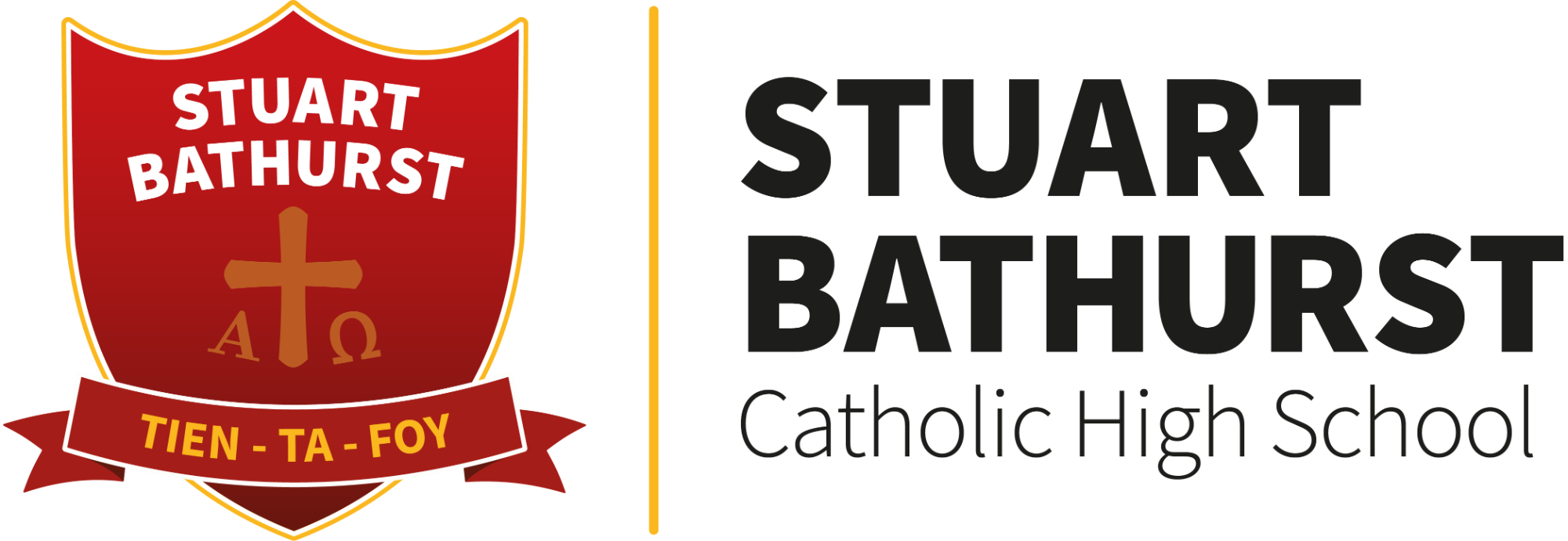Our Ethos & Values
Ethos means habit or custom. Therefore, it refers to the characteristic conduct or distinctive spirit of an individual or community. With this, the schools’ living, behaving, common values, philosophy and culture should be essentially Catholic whilst providing an inclusive and welcoming environment for all of our community.
As the only faith school in Sandwell we feel privileged to offer our students an education which is based on the life of Christ and His teachings and develops an ethos which is based on Christ’s teachings in the Beatitudes and the basic principle of ‘loving they neighbour’ and demonstrating Agape love in all that we do.
The distinctive Catholic ethos in our school is one that permeates all that we do, from policy to action and we are proud to put our faith into action every day — in the classroom, around the school site, the local community and in all our liaisons with parents and all other stakeholders.
Being a member of a Catholic school community is so much more than just academic study and achieving qualifications, in essence our school is “the community where the spiritual, cultural and personal worlds within which we live are harmonised to form the roots from which grow our values, motivation, aspirations and the moral imperatives that inform our choices and actions as persons.” (Christ at the Centre)
Each member of our community is a child of God and this means that all are treated with dignity, respect and love, as each person is a reflection of God. Paying witness to this belief is central to our mission as educators and ensures that we are able to celebrate the diversity and richness of our school community with integrity and authenticity.
The ethos in our school is evident in our collective worship, Religious Education Curriculum, liturgical prayer and in the way we work together to foster a community built on service and generosity.
Our Mission Statement reminds us to ‘do and be of our best’ and it is only through God’s help that this becomes possible. Our school is one which encourages all to work for the common good and to contribute to the world around us, and we do this through enabling our students to find meaning in their lives whilst seeking to discover their own aspirations as a child of God.
Living the Vocational Life
At Stuart Bathurst Catholic High School we believe our role is not to simply encourage our young people to be whatever they want to be but to help them discover and become the people God has planned for them to be. As result of this, many of young people leave our Sixth Form seeking to become doctors, nurses, dentists, lawyers and healthcare professionals - all with the purpose and drive to serve others. Developing a moral compass in our young people is important to us and support the ethos and values of the school as our students become considerate of the needs of others and able to reflect on their own spiritual and moral development.
The Stuart Bathurst Pupil Profile — developing our virtues and behaviours
Similarly to many schools in the Archdiocese of Birmingham, we have embraced the pupil profile and we support and encourage all our community to seek to understand these virtues and more importantly to practise them every day. Developing a young person’s character is essential as they continue on their spiritual journey
Each half-term throughout the academic year, we learn to live out, articulate and celebrate a pair of virtues by being:
Grateful for our own gifts, for the gift of other people, and for the blessings of each day; and generous with our gifts, becoming men and women for others.
Attentive to our experience and to t vocation; and discerning about the choices they make and the effects of those choices.
Compassionate towards others, near and far, especially the less fortunate; and loving by their just actions and forgiving words.
Faith-filled in their beliefs and hopeful for the future.
Eloquent and truthful in what they say of themselves, the relations between people, and the world.
Learned, finding God in all things; and wise in the ways they use their learning for the common good.
Curious about everything; and active in their engagement with the world, changing what they can for the better.
Intentional in the way they live and use the resources of the earth, guided by conscience; and prophetic in the example they set to others.
